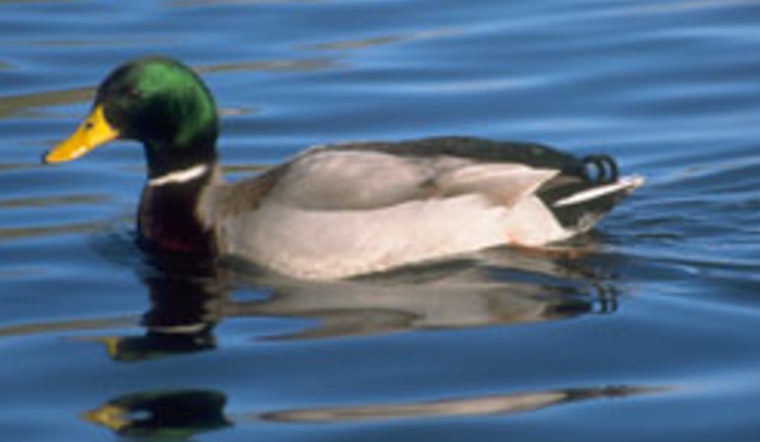Since late 2021, wildlife officials around North America have been keeping a close eye on the highly dangerous avian flu (H5N1 Eurasian strain or EA H5). Oregon has been diligently monitoring wild birds for the HPAI virus in the most recent developments. A glimmer of optimism amid the outbreak narrative is that, despite the virus’s broad detection in a variety of bird species, all tests conducted in Oregon have so far produced negative results.
However, it is imperative to maintain vigilance. Attention must be paid to HPAI’s propensity for high transmission rates among wild birds. The high-risk group includes raptors, scavengers like gulls and crows, and aquatic birds like ducks. The current EA H5N1 HPAI strain does not yet pose a serious threat to humans, according to a recent advisory update, while anyone who have close contact with potentially sick birds may need to exercise extra caution.
To reduce the risk, hunters are advised to adhere to strict cleanliness guidelines in the interim. It is advised to wear gloves when working with birds, refrain from eating or drinking while doing so, and make sure game meat is cooked through. These precautions are emphasized by the Oregon Department of Fish and Wildlife (ODFW), which also emphasizes the significance of boiling all game meat to 165 degrees Fahrenheit as a vital precaution to kill any disease organisms.
Similar warnings apply to people who enjoy bird watching or working with avian habitats. The ODFW has released a series of commonsense safety guidelines, recommending hand cleanliness and the usage of gloves when handling bird feeders. Emphasizing the need to quickly control possible spread, they also encourage residents to call their hotline with any unexpected discoveries of dead or ill birds.
Food safety is still a major concern, with a focus on handling and boiling food correctly to prevent cross-contamination. A detailed set of instructions for preparing food safely is given, which includes washing and sanitizing equipment thoroughly after each use and using different utensils for raw meat and other meals. Residents are directed to the ODA’s website by ODFW to learn more about avian influenza in domestic birds. A recurring theme among all of these recommendations is that preventive measures and constant awareness are essential for controlling the avian flu threat in both the home and wild environments.
Visit the ODFW website for more thorough information on managing wildlife and guaranteeing food safety.
Note: Every piece of content is rigorously reviewed by our team of experienced writers and editors to ensure its accuracy. Our writers use credible sources and adhere to strict fact-checking protocols to verify all claims and data before publication. If an error is identified, we promptly correct it and strive for transparency in all updates, feel free to reach out to us via email. We appreciate your trust and support!



Leave a Reply